New Jersey’s fast-growing film and television industry has created a boom in studio construction and a new market for commercial spaces that can serve as set locations, as state officials take new steps to help more municipalities reap the benefits.
By Patricia Alex
All the state’s a stage as film production companies increasingly migrate to New Jersey, creating a boom in studio construction and a new market for commercial spaces that can be used as set locations.
And with the success of state tax credits and other incentives that have fueled the fast growth of film, television and digital media production in New Jersey — largely by luring business from across the Hudson River — officials are taking new steps to help more municipalities reap the benefits.
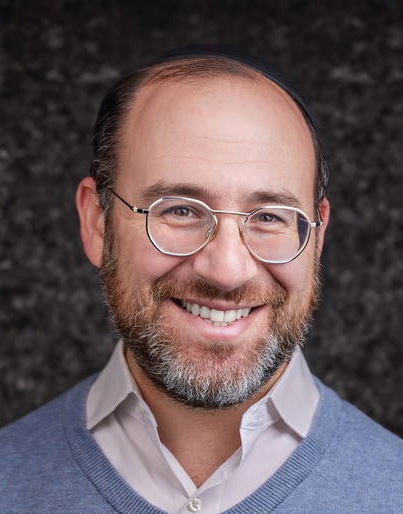
“People are coming here because they don’t want New York prices and headaches,” said Moshe Gross, whose Reset Locations brokers deals between commercial property owners and film production companies and manages site logistics. Recent deals included several shoots at a former hospital space in East Orange and another at Bell Works, the repurposed former Bell Labs facility in Holmdel, along with a former synagogue under renovation in Newark.
Gross said the shorter-term leases can be advantageous for properties in transition and others with large spaces and parking that can accommodate film crews.
“A lot of brokers don’t understand this market. They are looking for a long-term deal,” said Gross, whose firm is based in Lakewood. Shorter-term production deals can be lucrative and a great way to market properties for future longer-term leases, he said. “I’m always looking out for the best deal for the properties I’m working with.”
Film and TV production in New Jersey generated an estimated $670 million in activity in the state last year, up from $510 million the previous year, said Steven Gorelick, executive director of the New Jersey Motion Picture and Television Commission. The accelerated pace continues this year, he said.
The state in 2018 adopted generous tax credits for film and media productions. The program subsequently was expanded and will extend through 2034, and proponents say the decade-long incentive will build on the momentum to solidify the state as a production hub.
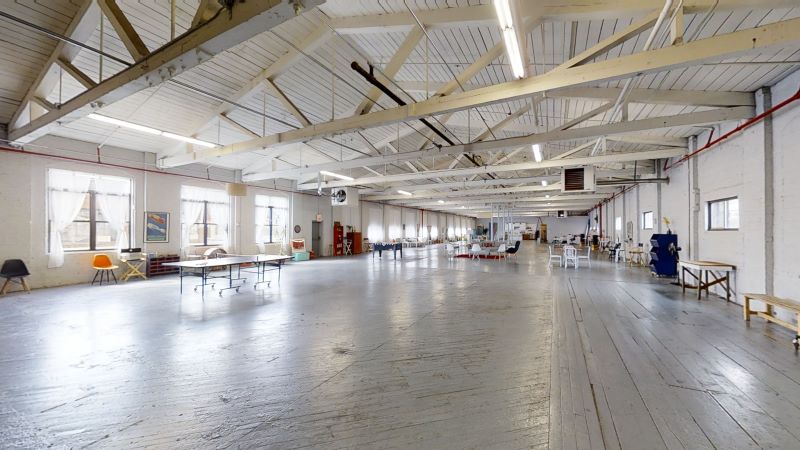
Studios provide brick-and-mortar anchors for the industry, but the state’s diverse geography — from casinos to mountains and beaches, horse farms, lakes, quaint downtowns, gritty cities, upscale malls and more — have undoubtedly appealed to the film and TV industry. Need a vacant synagogue? Want to recreate a 1950s street scene? It’s all here — and New Jersey locations tend to have more space for parking and back-lot setup than venues in New York City.

Gorelick estimated that the credits created more than 10,000 jobs in the state last year.
“A film crew is like an army when they come in, but instead of being equipped with weapons they’re equipped with money and they spend it everywhere,” he said at a recent panel discussion in Berkeley Heights hosted by the state chapter of NAIOP, the commercial real estate development association.
A newer state initiative called Film Ready New Jersey provides training and information to municipalities about managing productions. Dealing with the state’s many small municipalities — among more than 500 overall — can pose challenges. But production and location professionals at the panel discussion said that, generally, it’s still easier than working in the five boroughs.
Feature films provide a time-limited cash infusion, but series can bring in years’ worth of added revenue. Some towns don’t want to be bothered with the inconvenience, but, for others, the productions are a shot in the arm.
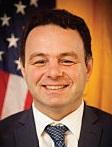
Paterson Mayor Andre Sayegh has welcomed filming with open arms, bestowing the key to the city to Steven Spielberg, who transformed the area around City Hall for the 2021 reboot of “West Side Story,” and Aaron Sorkin, who filmed 2020’s “The Trial of the Chicago 7” in a former church and home in Paterson.
“When I first took office five years ago, I rebranded Paterson as the home of the Great Falls, Great Food and Great Future. Well, now we have added Great Filming to our marketing message,” Sayegh said. “Hollywood heavyweights … recognize that Paterson has beautiful bones and is very film-friendly.”
All the production demand has led to construction of new facilities: Great Point Studios is investing $125 million for a 300,000-square-foot complex on a former public housing site in Newark. Netflix has announced $848 million plans to develop a production facility at Fort Monmouth, while a studio and hotel complex of more than a million square feet is proposed for a former industrial site in Carteret.
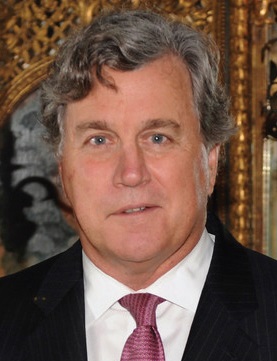
Tom Bernard, co-president and co-founder of Sony Pictures Classics, told the NAIOP panel that now is the time to gain a foothold in New Jersey as other states are scrambling to create similar tax incentives for production.
“It’s a great time to be on the ground floor because you can claim your territory,” he said during the program at the Embassy Suites by Hilton Berkeley Heights.
Several spaces around the state have been retrofitted for studio production.

“I can’t say enough about the opportunities (in New Jersey). Just don’t be afraid of it,” said Gavin Curran, who sat on the NAIOP panel, attended by more than 120 people. Curran’s Sustainable Studios straddles the Little Ferry and Moonachie border in Bergen County. “We’re turning away work,” he said.
Zen Space in Passaic features modern studio space that is nearly the size of a football field in a former rubber factory on the Clifton border.
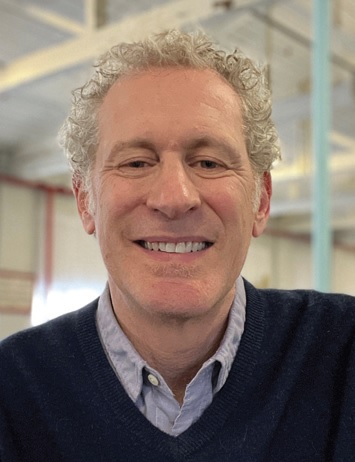
“It’s not too far from Manhattan, there’s parking, nice light, good windows and high ceilings,” said Glenn Schuster, a veteran locations scout who opened the space four years ago, right around the time the tax credits kicked in.
The studio has hosted filming of The Equalizer starring Queen Latifah on CBS, the Wu-Tang series on Hulu and a video featuring singer Sam Smith, among other things.
“Tax incentives have certainly done a lot to bring production to New Jersey,” Schuster said. “The productions get a break. We had a company based in Atlanta shooting a feature film and they specifically came to New Jersey because it was advantageous to them.”
A former newspaper reporter and editor, Patricia Alex writes about development and other issues in New Jersey.










